Table of Contents
Sequels traditionally have less suspense than the original works. In Washington, however, after the announcement of the persons who will surround him Donald Trumpare preparing to welcome the new government with more anxiety than the first time. The reason is that we may not see a continuation but a completely different project, with a government that will be better prepared and more determined to see through to its real agenda.
The concern in Washington, the people next door, the families who live in the suburbs and work all their lives in the ministries, is whether a government hostile to bureaucracy will turn the public sector upside down.
It was all planned long ago
The speed with which Trump’s transition team is moving is interpreted by analysts as an administration in waiting. In the intervening four years, the Trump team has worked with organizations such as the America First Policy Institute to have the policies ready so that he doesn’t waste time even from day one.
The Greek-American analyst John Sitilidis tells “Vima” that things are completely different compared to 2016. “Trump had then come to Washington unprepared for the enormous task of filling nearly 5,000 political positions, with the result that the first two years were very chaotic.”. Because of this political inexperience, Trump’s first term included many moderate Republicans and establishment folks—they were the “adults in the room” who kept Trump from his bad self at the most critical moments of his tenure.
However, a close look at the names of the new government shows that such figures are absent. This is not surprising George Tzitzikowho knows Trump well and was a close associate of his in the first election campaign. As he explains in “Vima”, unlike in 2016, the new president has received a clear political mandate. “Nobody should be surprised by the appointments we’re seeing because he’s promised that he intends to change the system in Washington. He had promised to “drain the swamp”, but the swamp went nowhere. I think this time, he has nothing to prove to anyone. He cannot stand again and has clearly decided to proceed with the mandate he has received.”.
The faces of the new government
The announcement dance opened with the placement of Trump’s campaign manager, Susie Wilesin the position of White House chief of staff. Although the position does not require Senate confirmation, Wiles is respected by both Republicans and Democrats, even among current White House staffers.
Her iron fist and discipline are seen as certain to ensure the order and organization that was lacking during the first term where Trump changed chiefs of staff like shirts. In fact, Wiles maintains excellent relations with the expatriate Republican congressman Gus Bilirakis from Florida.
Susie Wiles, White House Chief of Staff. The first woman in the role
His placement Marco Rubio at the helm of the State Department was greeted with relief in many European embassies in Washington, given that he is seen as a systemic politician with whom many European diplomats have relationships and have worked with because of his tenure on the Senate Foreign Relations Committee. According to representatives of the offices of deputies and senators, the ratification of his appointment by the committee is considered a given.
Nevertheless, it should not escape attention that this is the only choice that displeased the MAGA base, which pushed behind the scenes until the last minute for his name not to be announced.
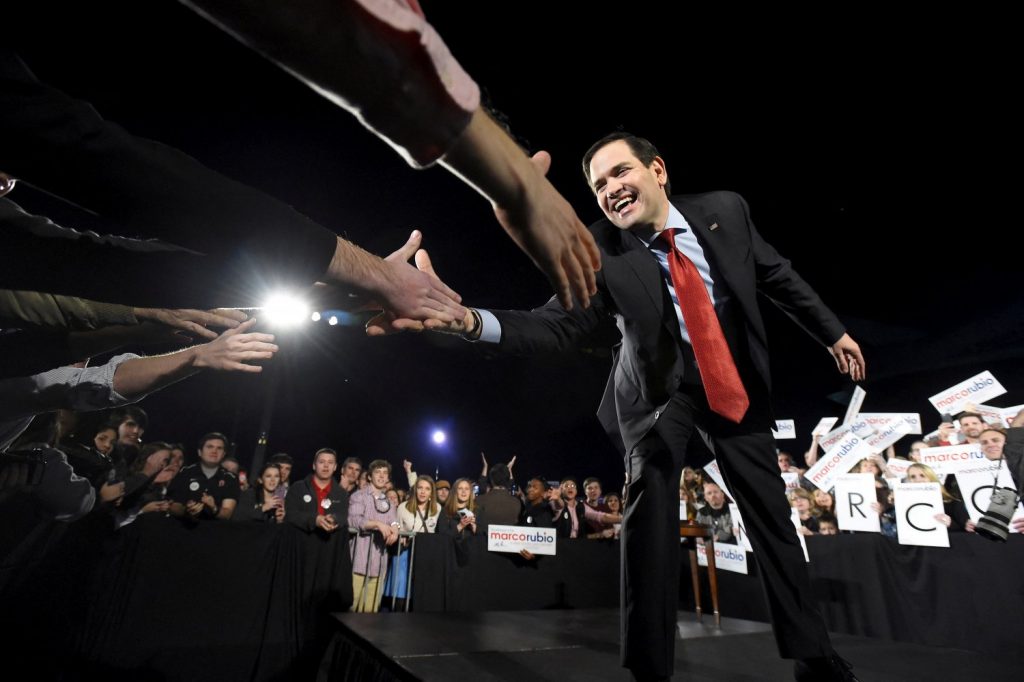
Marco Rubio, Secretary of State.
The appointment that draws the spotlight is his Elon Musk in the “ministry” of government efficiency. However, the law professor at Columbia University John Coffey keeps small basket for this venture. Speaking to “Vima” he explains that at this stage a normal ministry is not going to be created so that there are no legal problems with Musk’s business activities.
“Musk will not quit Tesla and SpaceX to become a public servant. He will lead a study committee that will look at the federal budget and make interesting, innovative and possibly absurd proposals for cuts. And if he doesn’t get a salary, he’s not considered a government employee, so he doesn’t fall under the restrictions of the law.”
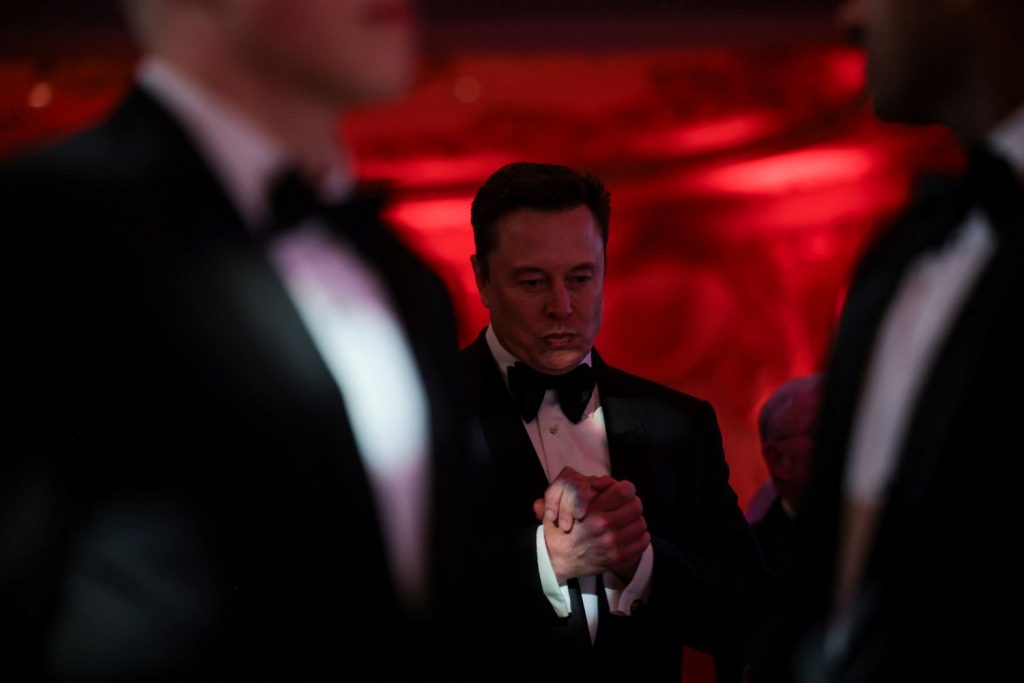
Elon Musk, Ministry of Government Efficiency. The conflict with superpowers.
On the other hand, there are people who are highly criticized, and confirmation of their nominations may prove difficult, even in a Republican-controlled Senate. Its placement causes the most reactions Pete Hegseth in the position of Minister of Defense. The Fox News host is highly educated and has served in the US military, but critics insist that’s not enough.
“Pete Hegseth was a great soldier. His medals prove it. He also cares about veterans and is a good person. But I don’t know if Pete can go to the Pentagon and take over the biggest bureaucracy in the federal government.” notes Tzitzikos.
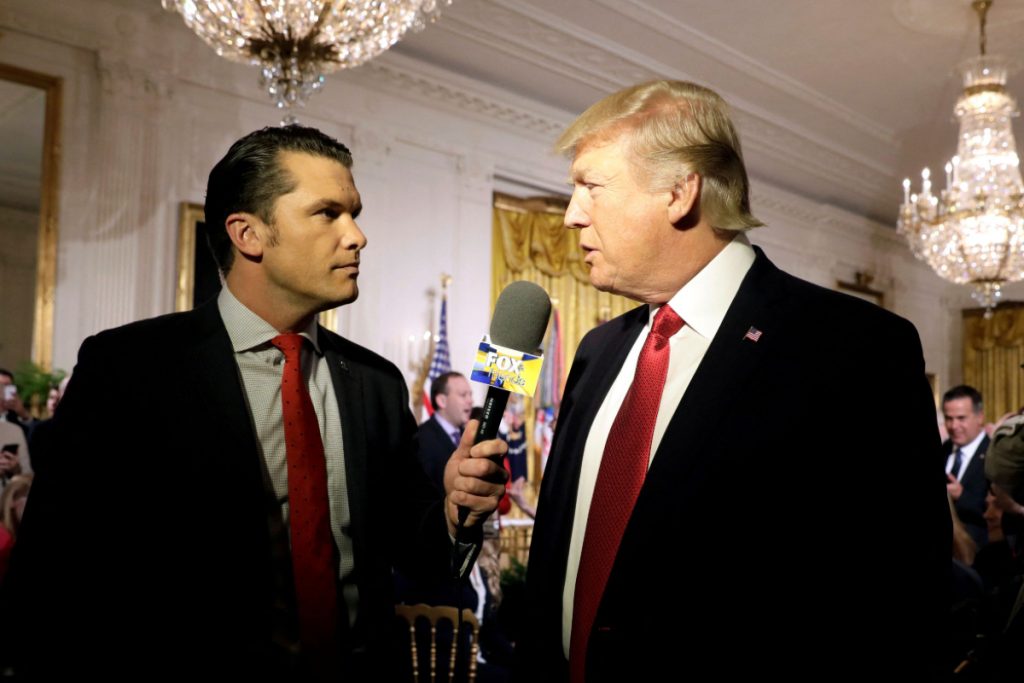
Pete Hegseth, Secretary of State for Defence. Fox anchor.
The head of the CIA and “Doctor” Kennedy
The former Democratic congresswoman Tulsi Gabbardwho is anointed to be director of the intelligence services, is criticized for her pro-Russian stance and defense of dictators like Bashar al-Assad of Syria. It is worth noting that Gabbard has publicly criticized the Recep Tayyip Erdoganhas voted in favor of recognizing the Armenian genocide and has condemned the Turkish occupation of Cyprus.
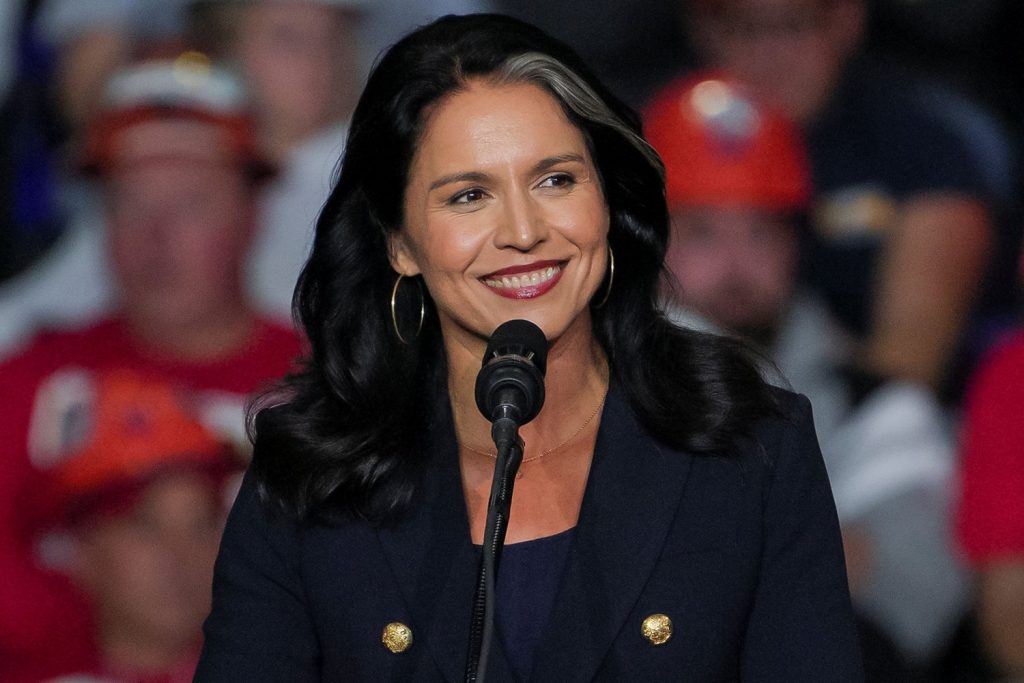
Tulsi Gabbard, National Intelligence Service. The Russophile conspiracy theorist.
Finally, another option that stirs up reactions is its placement Robert Kennedy Jr in the position of Minister of Health. Speaking to “Vima” o Tom Koutsoubasa friend of the new secretary and an expert on health policy, says Kennedy has explained to him that he is not anti-vaccination and that he just wants to make more information about vaccines available to the world so they can make more informed decisions.
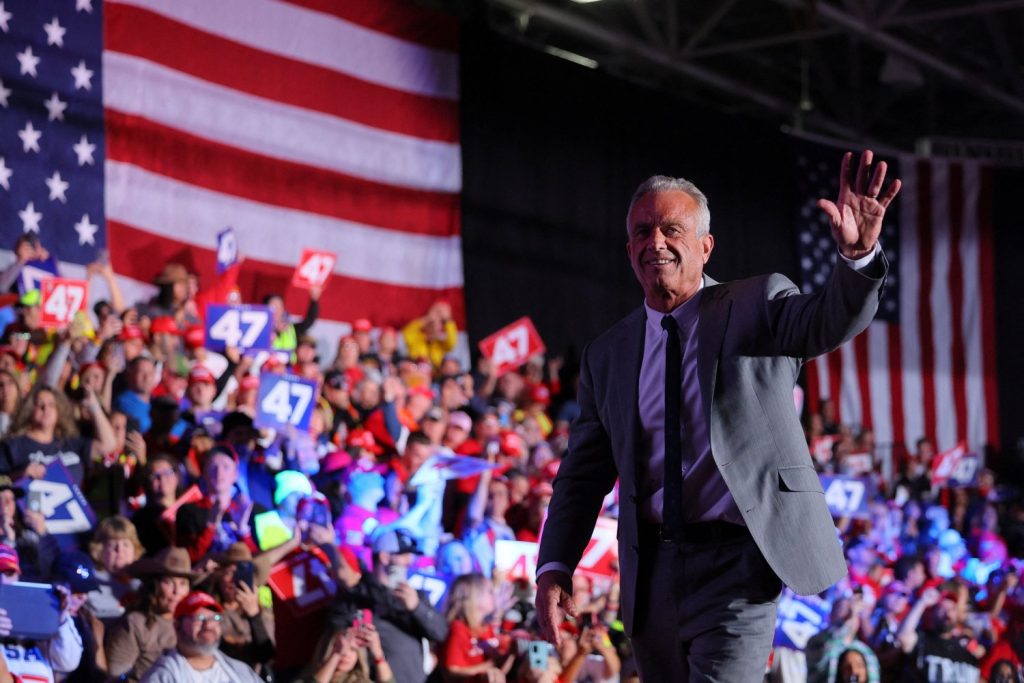
Robert F. Kennedy Jr., Secretary of Health. The anti-vaccination fanatic
#Donald #Trump #presidents #people #show #intentions
 1. What are your thoughts on Donald Trump’s cabinet picks, particularly the controversial ones such as Elon Musk, Marco Rubio, and Tulsi Gabbard? Do you think they are qualified for their respective positions?
1. What are your thoughts on Donald Trump’s cabinet picks, particularly the controversial ones such as Elon Musk, Marco Rubio, and Tulsi Gabbard? Do you think they are qualified for their respective positions?
2. How would you evaluate the potential impact of Pete Hegseth as Secretary of Defense, given his background as a Fox News anchor? Can someone without prior experience in the Pentagon effectively lead such a large bureaucracy?
3. What are the implications of Tulsi Gabbard’s stances on Syria and Russia on her role as director of national intelligence, and how do you think this might affect her relationship with foreign governments?
4. Robert Kennedy Jr.’s appointment as Secretary of Health has raised concerns about his views on vaccinations. How do you respond to these concerns, and what are his plans for the healthcare sector under his leadership?

